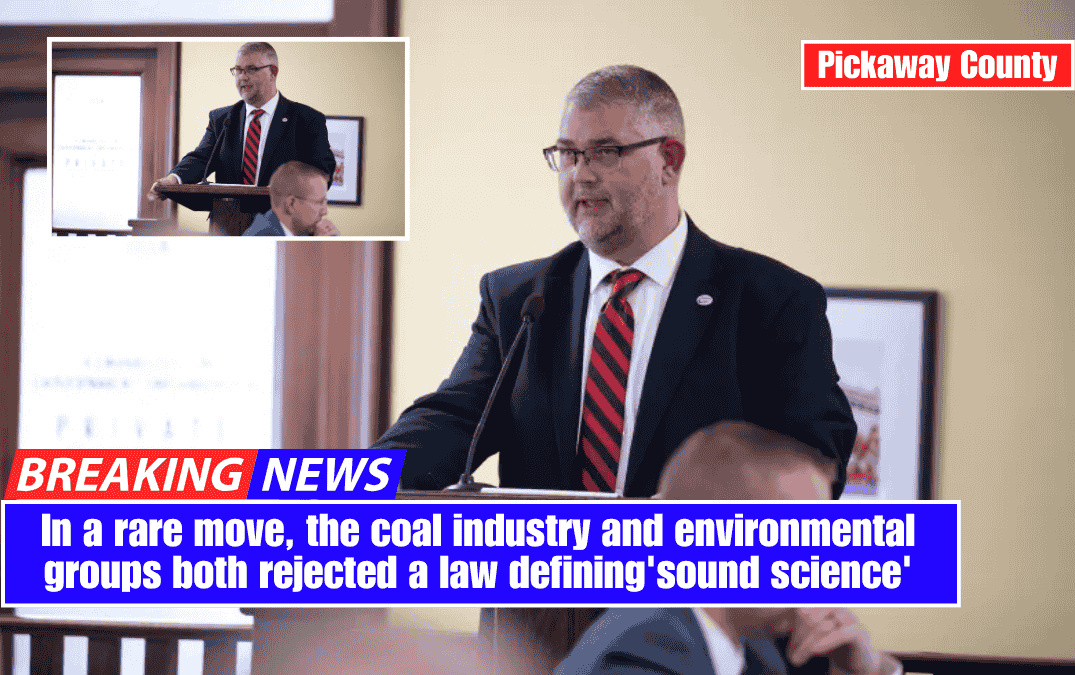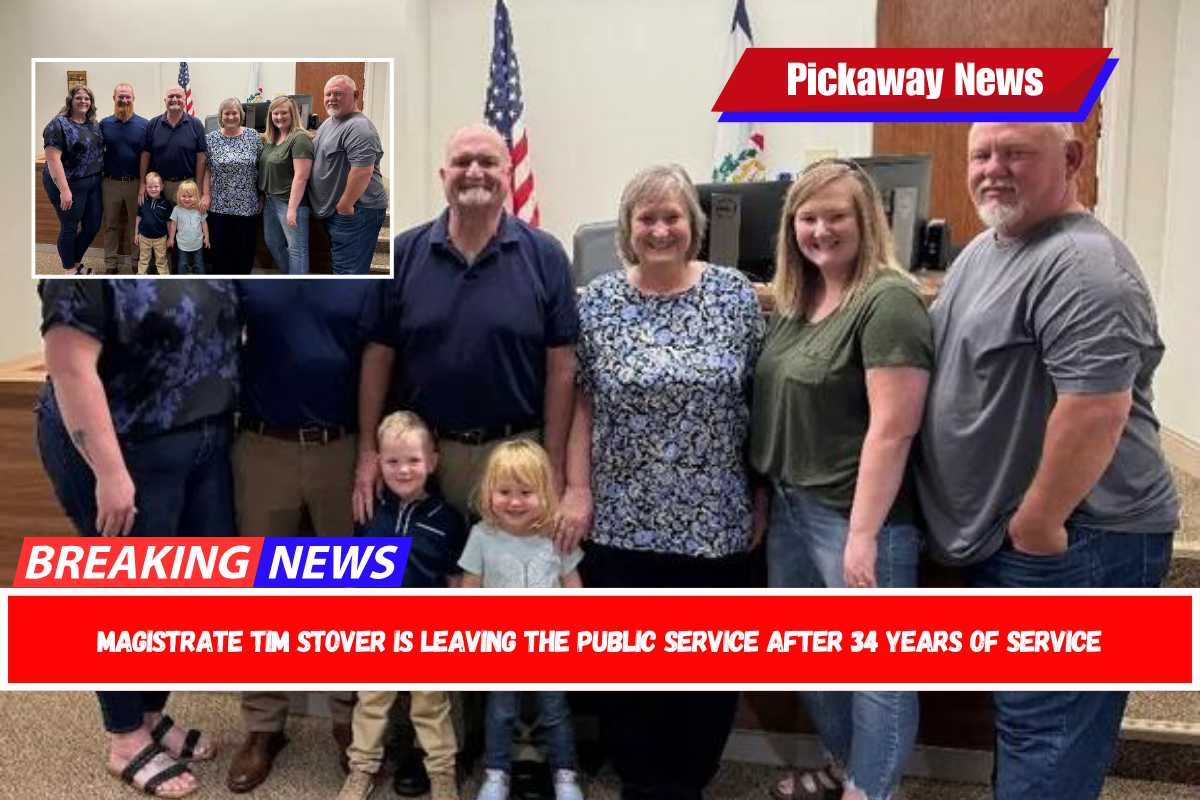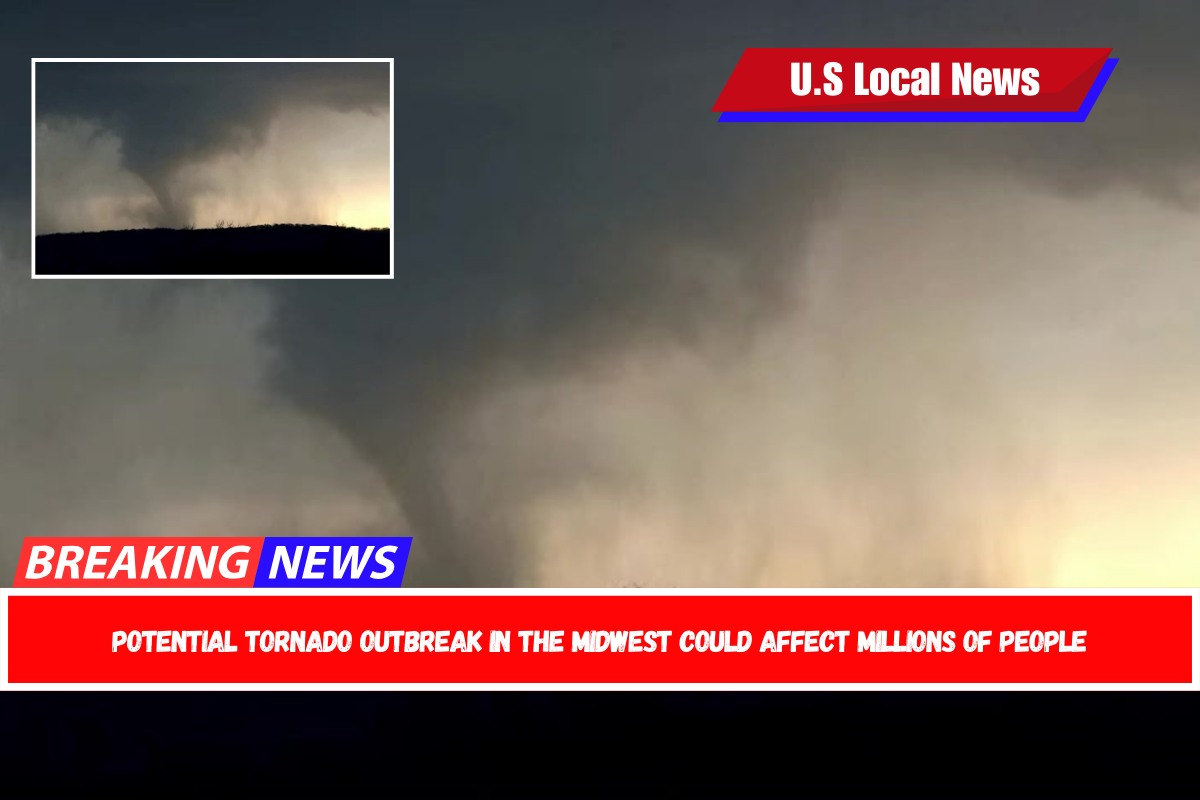The West Virginia Coal Association and the West Virginia Rivers Coalition issued a rare joint statement warning about the consequences of a chemical industry-backed bill that would have limited the development of new regulations.
Despite testimony from representatives of each organization, the bill did not pass the House.
In March, the House Health and Human Resources Committee debated a bill that would have prohibited state agencies from establishing new regulations unless they were based on “sound science.”
Nathaniel Hitt, senior scientist for the West Virginia Rivers Coalition, testified against the bill despite being a scientist himself.
“We should all agree that the title of this bill, ‘Sound Science in Regulations,’ is a good thing, and indeed, we should celebrate science for all it has brought us, longer lives, safer communities, cleaner water,” said Hitt, a former research scientist for the United States Geological Survey.
“But unfortunately, the provisions of this bill work against sound science in several fundamental ways.”
Following Hitt, West Virginia Coal Association Vice President Jason Bostic told lawmakers that, while he understood the “motivation and goal” behind the bill, it raised concerns for his organization.
Strange bedfellows
The bill would prohibit any state agency from proposing or enacting regulations on drinking water, water pollution control, hazardous substances or contaminated site remediation, air quality, or solid or hazardous waste that are stricter than federal regulations unless they are based on the “best available science.”
“Best available science” refers to studies that are peer-reviewed and published in journals that do not charge authors a publication or submission fee.
Del. Bob Fehrenbacher, R-Wood, one of the bill’s sponsors, told the committee that the bill aims to prevent the use of “junk science,” which refers to theories presented as scientific fact despite being untested or unproven.
“This bill seeks to ensure that regulations that are formulated are based on sound science,” she said. “Although I cannot point at specific instances in the state of West Virginia where such regulations are ill-founded or based on junk science, this sets the stage for that to be prevented going forward.”
However, both Hitt and Bostic cautioned that requiring state agencies to use only peer-reviewed studies may prevent them from accessing valuable data.
Bostic told lawmakers that the coal industry used state and/or industry-collected data to advocate for changes to state water quality standards when federal standards did not apply to West Virginia’s industry.
“These would not be studies that were necessarily peer-reviewed or peer judged, but its data gathered by the agencies or the industries that are subject to that regulation,” claimed Bostic.
He warned that any legislation prohibiting the use of state-specific data could limit the Legislature’s ability to make meaningful changes to state water quality or mining and reclamation standards.
Hitt also raised this issue during his testimony and in a letter signed by more than 30 scientists and medical professionals from West Virginia.
“This bill as written would significantly undermine the integrity of state agencies by preventing them from using their own technical reports and internal expertise,” Hitt told parliamentarians. “Such unpublished reports can provide a sound basis for agency decisions because they are developed by professionals within our state agencies who have local knowledge of the problems and local knowledge of the solutions.”
The science and medical experts were also concerned that limiting research and studies from journals that do not charge authors fees would prevent agencies from using the “best available scientific research” because many journals, including top-tier journals, charge publication fees to cover operational costs.
First Tennessee, now West Virginia
A similar bill was introduced in the Tennessee legislature earlier this year at the request of the United States Chamber of Commerce.
According to Tennessee Lookout, Mark Behrens, a representative of the United States Chamber of Commerce Institute for Legal Reform, stated that the bill is about preventing “getting ahead and saying we’re going to regulate even if we don’t know that this substance may cause harm.”
The bill specifically targets PFAS, also known as “forever chemicals” due to their inability to degrade naturally.
Studies have already shown that exposure to these chemicals can have negative health consequences, such as developmental delays in children, an increased risk of prostate, kidney, and testicular cancers, and decreased fertility.
Last March, the Chamber of Commerce launched a lobbying initiative aimed at promoting the use of synthetic chemicals and combating any threats to them caused by concerns about PFAS, which could limit their usage.
The regulation of “forever chemicals” was not discussed at the March 18 committee meeting in West Virginia.
However, Behrens was there on behalf of the Chamber of Commerce, and he told the committee that the organization collaborated with “various stakeholders,” including the West Virginia Manufacturers Association, the Chemistry Council, and other businesses on the bill.
“We were trying to talk to a lot of different affected groups to come up with the best policy language,” he told me.
To conclude his remarks on the bill, Bostic cautioned lawmakers to “be very cautious to the extent that you limit non-peer-reviewed science or data, because, again, the changes we have experienced in the coal industry were gathered by this industry, our permit holders, or the Department of Environmental Protection.”
A similar bill was introduced in the Tennessee legislature earlier this year at the request of the United States Chamber of Commerce.
According to Tennessee Lookout, Mark Behrens, a representative of the United States Chamber of Commerce Institute for Legal Reform, stated that the bill is about preventing “getting ahead and saying we’re going to regulate even if we don’t know that this substance may cause harm.”
The bill specifically targets PFAS, also known as “forever chemicals” due to their inability to degrade naturally.
Studies have already shown that exposure to these chemicals can have negative health consequences, such as developmental delays in children, an increased risk of prostate, kidney, and testicular cancers, and decreased fertility.
Last March, the Chamber of Commerce launched a lobbying initiative aimed at promoting the use of synthetic chemicals and combating any threats to them caused by concerns about PFAS, which could limit their usage.
The regulation of “forever chemicals” was not discussed at the March 18 committee meeting in West Virginia.
However, Behrens was there on behalf of the Chamber of Commerce, and he told the committee that the organization collaborated with “various stakeholders,” including the West Virginia Manufacturers Association, the Chemistry Council, and other businesses on the bill.
“We were trying to talk to a lot of different affected groups to come up with the best policy language,” he told me.
To conclude his remarks on the bill, Bostic cautioned lawmakers to “be very cautious to the extent that you limit non-peer-reviewed science or data, because, again, the changes we have experienced in the coal industry were gathered by this industry, our permit holders, or the Department of Environmental Protection.”
In a rare move, the coal industry and environmental groups both opposed a bill defining ‘sound science’.










